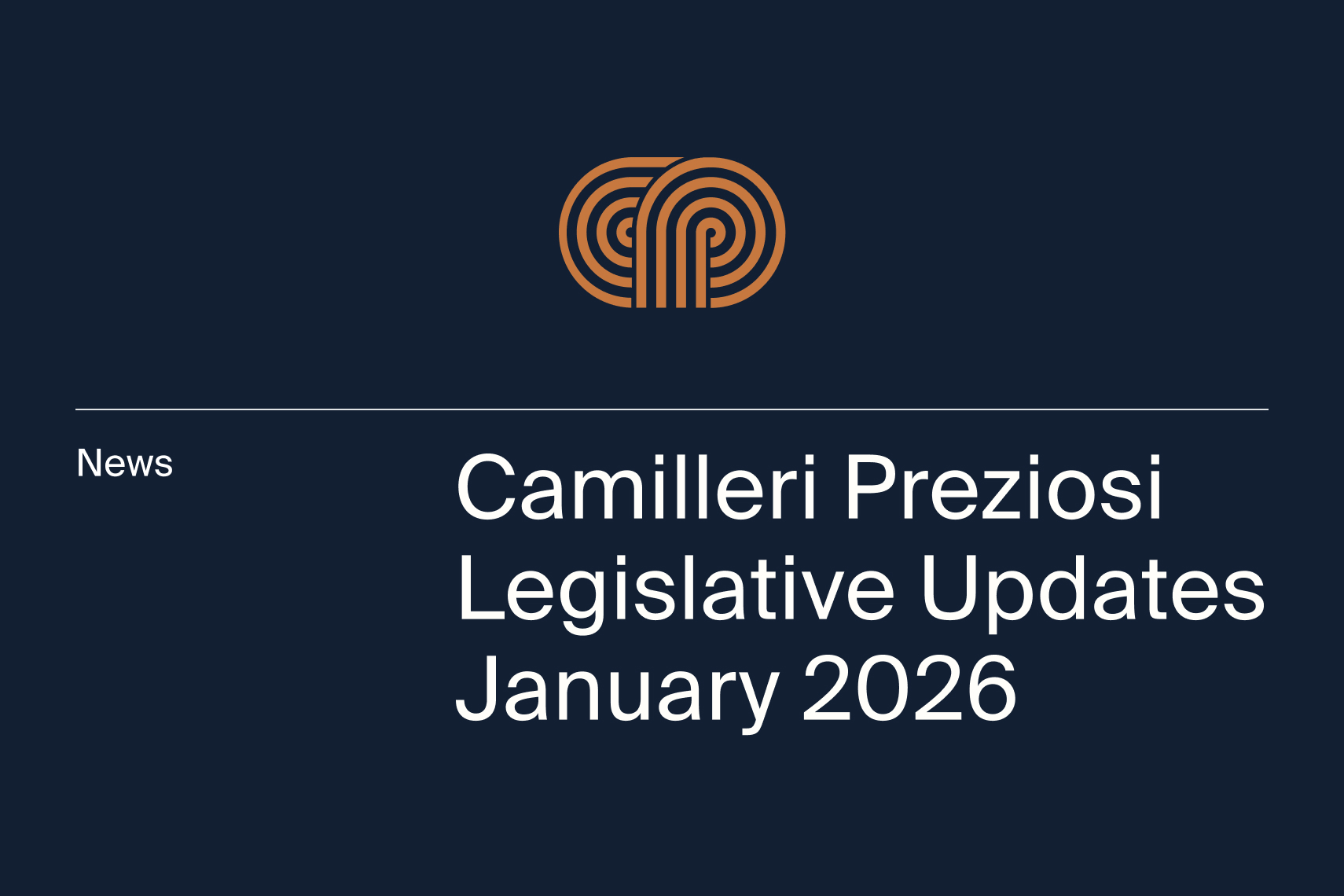On 19 April 2018, the European Parliament adopted the 5th Anti-Money Laundering Directive (5MLD). The 5MLD will:
- enhance the powers of EU Financial Intelligence Units and their access to information;
- grant citizens the right to access information on the beneficial owners of legal entities which operate in the EU and open up data on beneficial owners of trusts and similar arrangements to those who can demonstrate a “legitimate interest” (Member States will also retain the right to provide broader access to information, in accordance with their national law);
- prevent risks associated with the use of virtual currencies for terrorist financing and limit the use of pre-paid cards, by requiring that virtual currency exchange platforms and custodian wallet providers apply customer due diligence controls, and also mandating the registration of such platforms, service providers, currency exchanges, cheque cashing offices, and trust or company services providers;
- address risks linked to prepaid cards by lowering the threshold for identifying the holders of prepaid cards from currently €250 to €150;
- improve the safeguards for financial transactions to and from high-risk third countries; and
- require the establishment of centralised national bank and payment account registers or central data retrieval systems in all Member States.
The 5MLD will enter into force 3 days after its publication in the Official Journal and Member States have 18 months from that date in which to implement into national law. The majority of subject persons are still in the process of assessing the implications of the 4MLD and implementing changes and they should therefore closely examine the developments ushered through by the 5MLD. The aim should be to streamline compliance efforts as much as possible such that any systems, controls, policies and procedures are compliant with both the 4MLD and 5MLD, thereby avoiding any unnecessary duplication.










